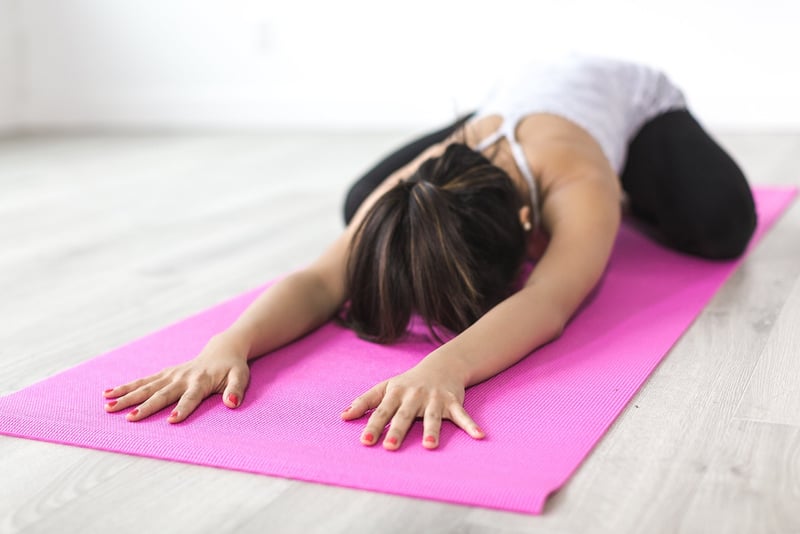Restorative
The Importance of Physical and Mental Balance for Restorative Well-being
Restorative well-being encompasses a holistic approach to health that focuses on achieving a harmonious balance between physical and mental well-being. In today's fast-paced world, it is essential to prioritize self-care practices that promote overall health and vitality.
Physical Balance
Physical balance involves maintaining a healthy lifestyle through regular exercise, nutritious eating habits, and adequate rest. Engaging in physical activities such as yoga, Pilates, or mindful walking can help improve flexibility, strength, and overall physical wellness. A balanced diet rich in fruits, vegetables, lean proteins, and whole grains is crucial for providing the body with essential nutrients and energy.

Mental Balance
Mental balance is equally important for overall well-being. Practicing mindfulness, meditation, and deep breathing exercises can help reduce stress, anxiety, and promote mental clarity. Taking time for self-reflection, engaging in hobbies, or spending time in nature can also contribute to a balanced mental state.

Restorative Practices
Combining physical and mental balance is key to achieving restorative well-being. Restorative practices such as massage therapy, acupuncture, or aromatherapy can help relax the body and mind, promoting healing and rejuvenation. Getting an adequate amount of sleep each night is essential for allowing the body to rest and repair itself.

By prioritizing physical and mental balance through restorative practices, individuals can enhance their overall well-being, increase energy levels, and cultivate a sense of inner peace and harmony.
Remember, self-care is not selfish; it is essential for maintaining a healthy and balanced life.
Embrace the journey to restorative well-being by nurturing your body and mind with practices that promote harmony and vitality.
